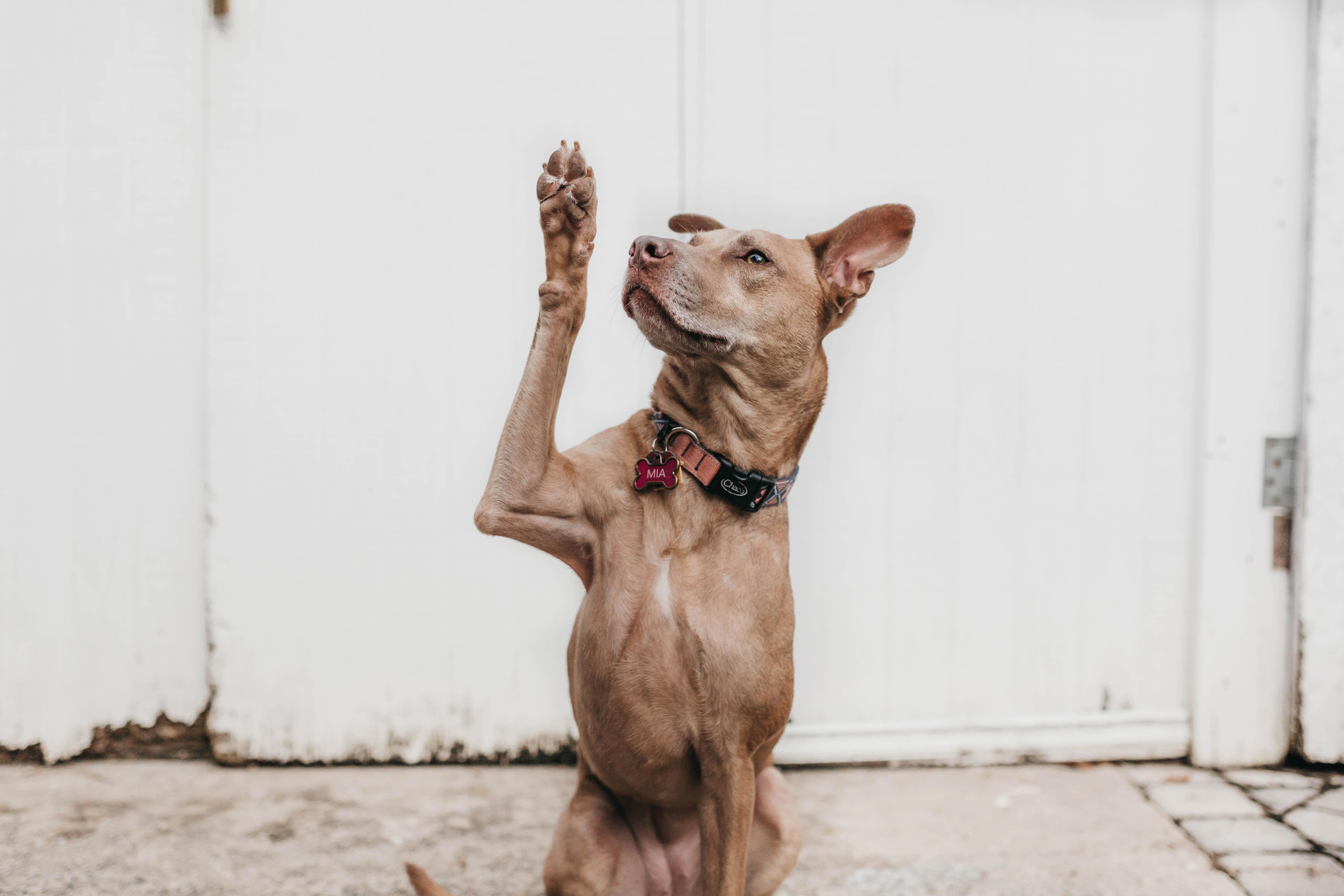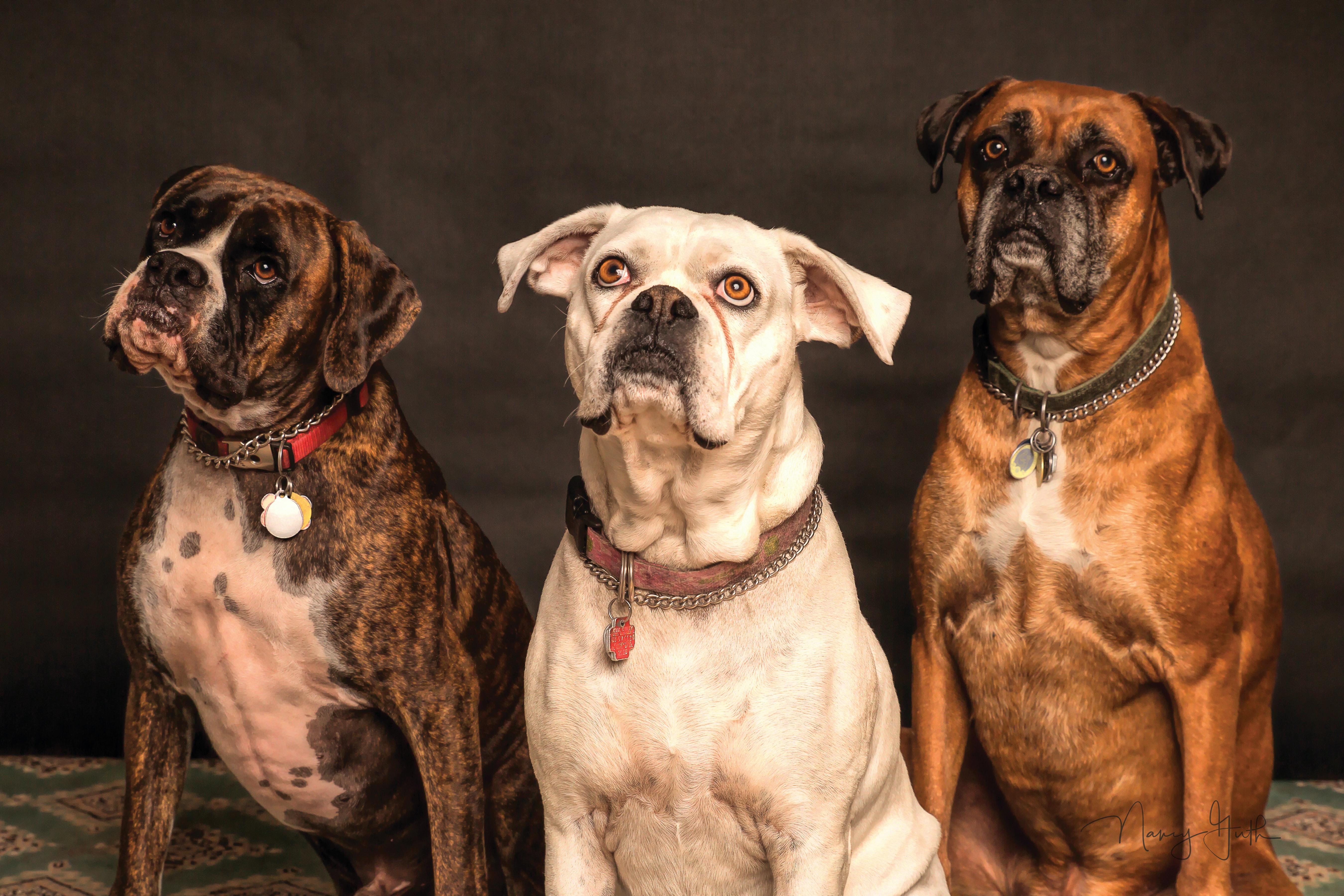
Dogs have been a part of human life for thousands of years, and we’ve come to rely on them in so many ways. We think of them as our loyal companions, but where did they come from? In this blog post, we’ll be exploring the origins of man’s best friend and uncovering the most ancient dog breeds still in existence today. From the Chinese Shar-Pei to the Saluki, we’ll take a look at the fascinating history of these breeds and how they’ve been able to survive and thrive for centuries. So join us as we uncover the origins of man’s best friend and discover the wonders of ancient dog breeds!
Humans have long been fascinated with our relationship with dogs, and the idea of “man’s best friend.” For centuries, we have welcomed these four-legged creatures into our homes and our hearts. But where did this relationship begin? How far back in history does it go?
In order to answer these questions, we must look at the origins of the most ancient dog breeds still in existence today. By studying the oldest breeds, we can gain insight into the early history of our canine companions and discover just how far back this special relationship goes.
The earliest evidence of domesticated dogs dates back to around 15,000 years ago. Fossil remains of what appear to be domesticated dogs have been found in the Middle East, Europe, and Siberia. At this time, dogs were likely used as hunting companions and as guardians of the home.
The oldest known dog breed is the Saluki, which is believed to have originated in the Middle East around 5,000 BCE. This breed is closely related to the Greyhound and is known for its speed and agility. Salukis were highly valued by the ancient Egyptians, who often depicted them in their artwork.
The next oldest breed is the Basenji, which is believed to have originated in central Africa over 4,000 years ago. This breed is known for its distinctive barkless “yodel,” and it is thought to be the ancestor of all modern sight hounds.
The Shiba Inu is another ancient breed, originating in Japan over 2,000 years ago. This breed is believed to be descended from the ancient Jomon dogs that were used for hunting and herding. The Shiba is known for its intelligence, loyalty, and independent spirit.
The Chow Chow is another ancient breed, originating in China over 2,500 years ago. This breed was originally used as a hunting companion and guardian of the home. The Chow Chow is known for its thick fur coat and its distinctive blue-black tongue.
Finally, the Afghan Hound is one of the oldest existing breeds, believed to have originated in Afghanistan over 3,000 years ago. This breed is known for its unique appearance and its graceful, powerful gait.
By studying these ancient breeds, we can gain insight into the history of man’s relationship with dogs. It is clear that this bond dates back thousands of years, and it is one that continues to this day. Dogs have been our companions, our protectors, and our friends for centuries, and it is clear that this special relationship will continue for many more.
In conclusion, exploring the origins of man’s best friend is a fascinating journey that reveals just how deeply intertwined our history is with the history of the dog. From the ancient sighthounds that still roam the Middle East to the Nordic breeds that have been bred for thousands of years, dogs have been an important part of our lives for millennia. As we continue to uncover the history of these beloved creatures, we gain a better understanding of both our own history and the importance of the bond between humans and their canine companions.
Please follow us on Social Media




%20-%20Copy.jpg)
.jpg)
.png)
%20-%20Copy.jpg)